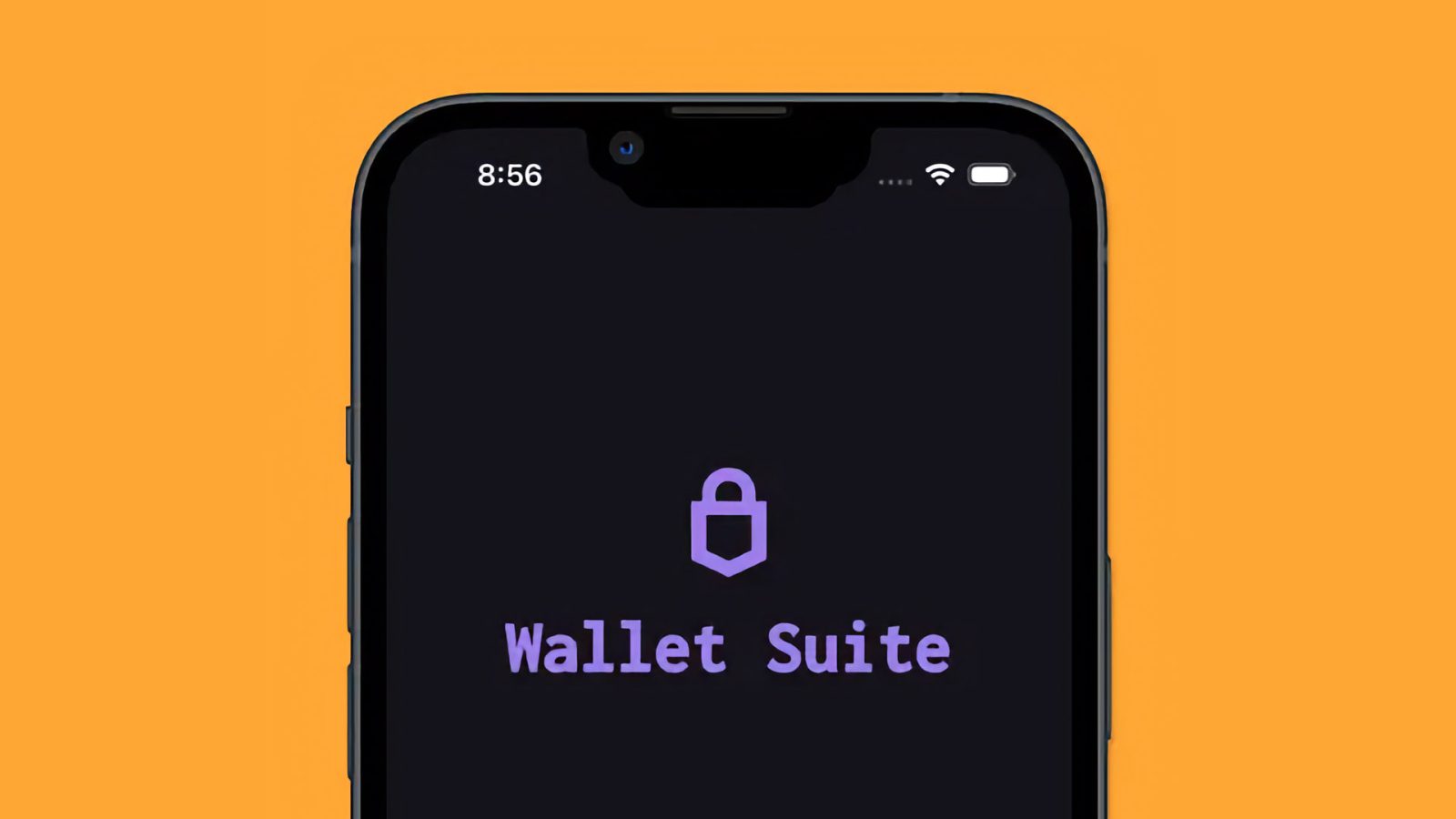
One of Apple’s key arguments in favor of making the App Store the only way to download apps on iOS is the app review process, which ensures that users are not exposed to scams. Even so, some of these apps bypass the App Store guidelines without being noticed. That’s the case with a fake Trezor Wallet app, which leads users to believe that it’s an official app for managing Bitcoin and other cryptocurrencies.
Fake Trezor Bitcoin app available on the App Store
For those unfamiliar, Trezor is indeed a legitimate crypto wallet. But as noted by some iPhone users, a fake app called “Trezor Wallet Suite” was released on the App Store a few weeks ago. Despite using the name Trezor Wallet, it has nothing to do with Trezor.
Rafael Yakob of The Crypto Lawyers reported that the app had been showing up at the top of App Store search results in the US and UK, which is extremely worrying.
“This app has been up for weeks, although the total number of victims is unknown, it could easily be in the hundreds or thousands,” said Yakob. The fake app asks users for a lot of personal data that can be used for malicious purposes. Apple has already removed the app from the App Store.
Apple and cryptocurrencies
What makes users upset is that Apple is not exactly friendly when it comes to Bitcoin apps for the iPhone and iPad. Multiple legitimate iOS apps for managing Bitcoin and other cryptocurrency wallets are consistently rejected by Apple, while scams like this one bypass the company’s review process.
Apple allows cryptocurrency apps in the App Store under strict circumstances. For instance, the developer must have a license and permission to operate in the regions in which the app is available. The apps also can’t use cryptocurrencies to unlock content or functionality.

Last week, Apple threatened to remove the social networking app Damus from the App Store as it let users tip others on individual posts using “Zaps,” Bitcoin-based microtransactions. The company claimed that tipping individual posts is the same as selling digital content. Demus had to remove this option from the iOS app to keep it available on the App Store.
9to5Mac’s take
While Apple says that the App Store “is a place you can trust” and fights against sideloading, what happens in real life is that even Apple can’t keep the App Store free of scams. And, of course, this can be used against the company in court, as Apple has been facing scrutiny from governments around the world because of the App Store on iOS.
If the company really wants to show that the App Store is a safe place, it should make sure that fake and scam apps like this are never made available in its store.
Add 9to5Mac to your Google News feed.
FTC: We use income earning auto affiliate links. More.









